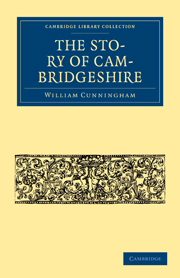III - SELF-CENTRED GROUPS—MARKETS
Published online by Cambridge University Press: 07 September 2010
Summary
In the last lecture I tried to contrast the Roman colonisation with the settlement of the English tribes, and to show how much the English held aloof from town life, and how little account they took of trade. The tradition of Roman civilisation survived throughout the country: in one city, Exeter, it seems to have maintained itself steadily through all the centuries of turmoil; and in every parish it is a problem as to how far Roman influence survived, or how soon it was revived.
To-day I wish to call your attention to the traces we find of the beginnings of trade. This was of two kinds: there came to be “populous places,” which needed regular supplies of butter, eggs, and meat, and led to the beginning of weekly markets; and there were also the occasional visits of traders from a distance, which eventually became organised in fairs. It is only about markets I shall speak to-day, that is, of trade among neighbours, reserving what I have to say about distant trade till next week.
When I speak of populous places, I do not mean such towns as we are familiar with in the present day, or even a village, but only a household which was so big, or so fully occupied, that it could not supply its own needs week by week, but made a regular demand for produce. There were two different types of such households.
- Type
- Chapter
- Information
- The Story of Cambridgeshire , pp. 21 - 29Publisher: Cambridge University PressPrint publication year: 2009First published in: 1920



